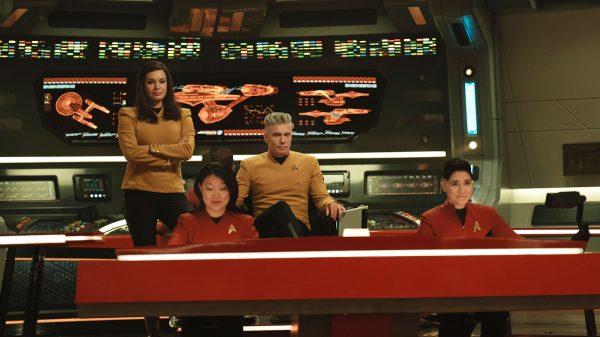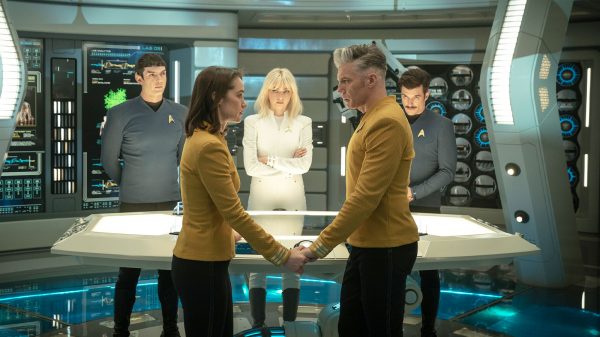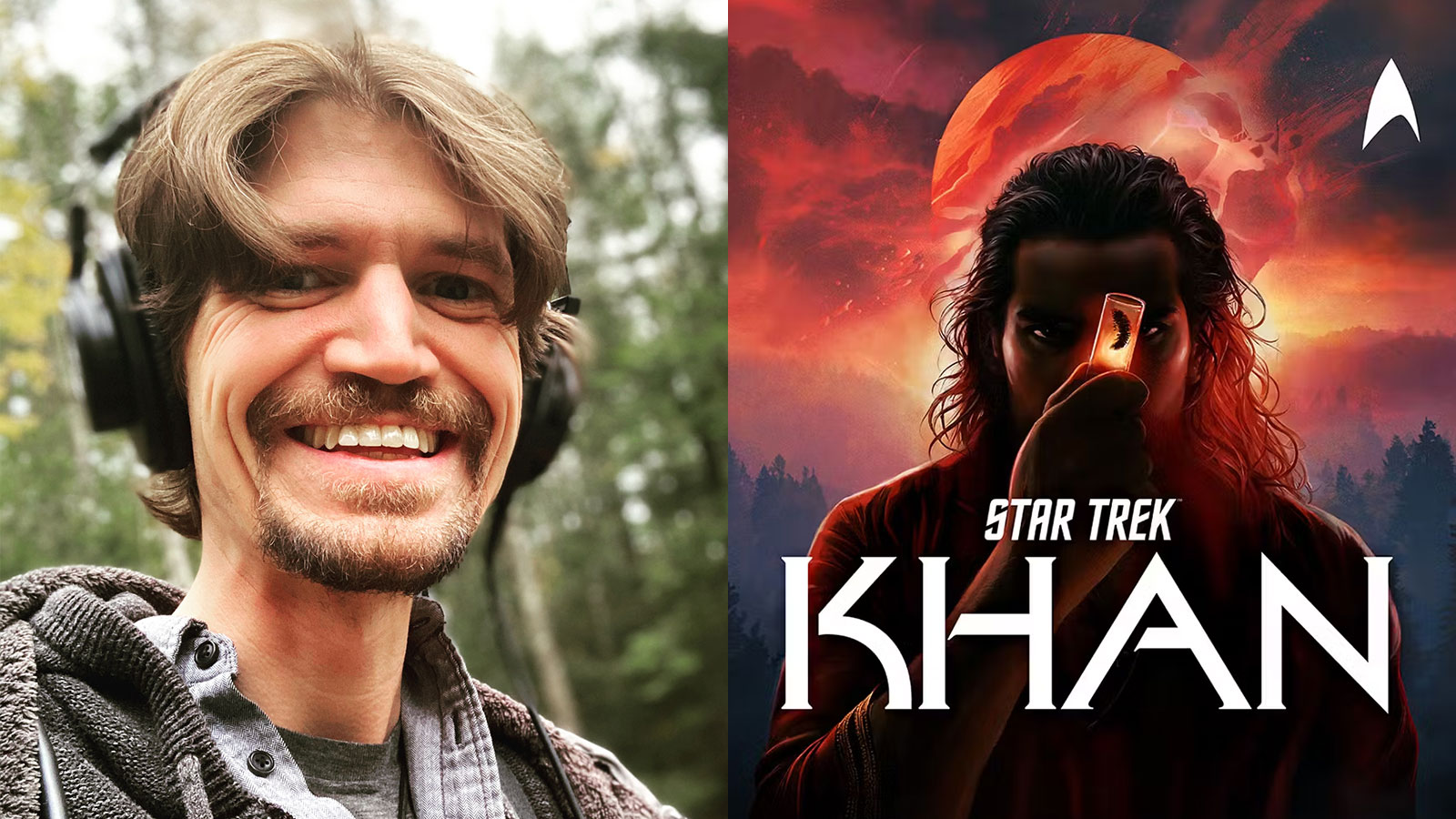Exclusive interview: Star Trek: Khan director Fred Greenhalgh
He is arguably Star Trek’s greatest villain, but the Khan Noonien-Singh we meet in Star Trek II: The Wrath of Khan is a far cry from the calculating superman Captain Kirk first marooned on Ceti Alpha V. How did a brilliant, albeit exiled, leader devolve into a maniac obsessed with revenge? The new audio drama, Star Trek: Khan, provides the answer, bridging a critical gap in Star Trek lore. At the helm of this auditory journey into darkness is director Fred Greenhalgh, the man tasked with building a world – and breaking a man – using only sound.
A fan’s journey
Greenhalgh has been on the project since 2022, when the series transitioned from its original pitch as a live-action television production to an audio drama. This means Greenhalgh was there with key stakeholders, like franchise showrunner Alex Kurtzman and Nicholas Meyer, the man behind the camera for Star Trek II, at the ground level. Being brought onboard this project was a big deal for Greenhalgh, who was a Star Trek fan long before he knew he’d be working in the franchise.
“I had this stepfather who was a collector, and he thought a complete collection of The Next Generation would be worth something,” explained Greenhalgh. “So it was my job to come home from school and tape it for him every week. “That’s how I saw all of TNG.”
Greenhalgh also said he was very familiar with the first six Star Trek movies, and has a particular prominent memory from The Wrath of Khan.
“I love spooky stuff. So the scene with the Ceti Alpha eel was up there with, like, Ridley Scott’s Alien as the kind of thing you see when you are too young and it just sticks with you for life. I probably remember the eel in that movie more than, say, the space battle between the Enterprise and Relient.”
For those who haven’t listened to Star Trek: Khan yet, Ceti Alpha eels do play a prominent role.
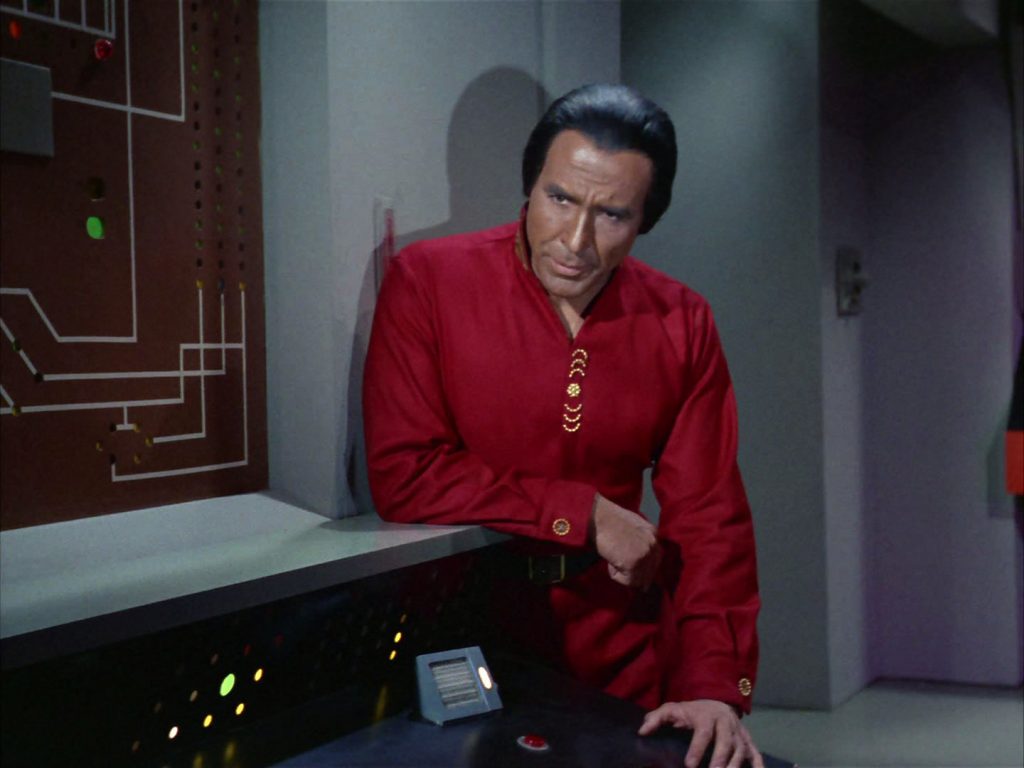
Telling stories through sound
Besides working with Nicholas Meyer during work on Khan, Greenhalgh worked closely with longtime Star Trek scribe Kristen Beyer, who co-wrote the story with David Mack, another longtime Trek veteran.
“The fundamental story was sort of changed along the way,” said Greenhalgh of Khan’s transition from teleplay to audio drama. “A major part of my job was getting scripts to look at and offering an audio perspective on the story. I wouldn’t be the one who was saying, for example, that ‘Khan wouldn’t do this’ or ‘Khan wouldn’t do that.’ I would say things like, ‘this sequence would work better in audio form if we did this or that.'”
Khan tells a story involving the collapse of a planet and the key dynamics between Khan and members of his nascent Augment colony. Telling such a grand tale solely through audio is no small feat, and that was Greenhalgh’s major challenge as he worked on Khan.
“It certainly helped that Kristen Beyer had experience telling an audio-only Star Trek story,” praised Greenhalgh, referring to Star Trek: Picard: No Man’s Land, which Beyer wrote (and the script for which was later published as a standalone book). “But generally I thought of my job as that of a builder. If the architect made something that doesn’t stand correctly, I’ll talk to them about it and get it to work.”
As we know from Star Trek II, Ceti Alpha V, the planet where Khan is marooned, is a nice, Earth-like planet when they first arrive, but then a catastrophe happens to a planet nearby that changes Ceti Alpha V into a desert hellhole. The specter of this tragedy looms large as listeners absorb Khan. This drastic planetary change coincides with Khan’s personality changing, as well, as we see him in the first few episodes of Khan be an upstanding, courageous leader for his people as they embark on their strange new world. But challenge after challenge starts to change his demeanor, and that aspect of the series was key to capture in audio form.
“I thought it was really important that we don’t have a one-note Khan being the same guy through nine episodes, because that wouldn’t be very interesting,” said Greenhalgh. “We know by The Wrath of Khan that Khan is unequivocally a bad guy, and he does bad things in our series, too, but you do have some compassion and empathy for what would have been possible if things had gone differently for Khan and his people.”
Bringing a convincing sound stage to Ceti Alpha V is no small feat, as the planet is supposed to be Earth-like, but still an alien world. People like Fred and sound designer Dan Burnett had to ensure new sounds still were appropriate for the Star Trek universe.
“I’m one of those people who is driven insane because I might hear an animal in a show, and I know that animal isn’t from where the show is taking place,” explained Greenhalgh. “We applied that level of nerdiness to Khan, because I know the fans would notice those sorts of details. And in Khan, we also get to do the opposite; there’s stuff to this world that’s new to the franchise, like certain animals and technology. We wanted these new things to sound like Star Trek. I thrived when we were building that immersive sound design.”
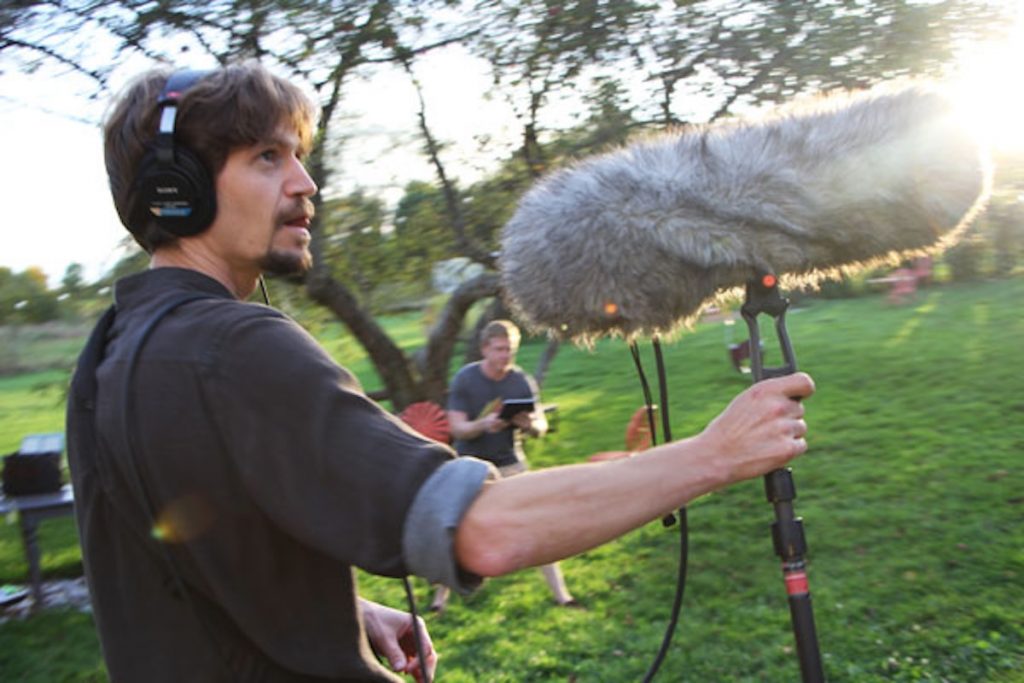
Working with voice cast
A key pillar of Khan lies not just in the series’ audio design, but the performances of its main cast. Taking the reins from the late Ricardo Montalban is Naveen Andrews, who brings, in our opinion, a shockingly good performance as the classic Star Trek villain. To ensure as good a performance as possible, Greenhalgh flew to Los Angeles for voice recording sessions with Andrews, and came away equally impressed by the actor’s embodiment of Khan.
“Naveen was generally familiar with Star Trek, but when he came onboard this project, he wanted to know everything about Khan’s story,” said Greenhalgh. “He really knew this was a special role, so he dived in with Kristen and I during that first meeting. On these audio projects, you don’t have an enormous amount of time to actually record the lines, so you have to find a flow state of getting what you need but not overthinking it. It’s like a dance. I never had a lot of notes for him, but when I did he would solve them in very precise ways. He was just amazing.”
“One of my favorite moments in the series is when Khan comes into Marla’s pod and he sees the communicator she is using to try and secretly contact the Enterprise,” said Greenhalgh, referring to a key scene from the first episode. “I didn’t want to say anything to Naveen when we were recording because I figured he knew how the scene needed to be played. He started the scene as happy Khan, and then I could see his expression change, like a dark cloud came over him. Naveen was really good at showing some of Khan’s dark side. There are scenes where he goes from being a fatherly, kinder Khan to a I’m-gonna-break-you-into-little-pieces Khan.”
Two fan-favorite legacy characters from elsewhere in the Star Trek franchise show up in Khan – George Takei reprises Captain Hikaru Sulu, captain of the U.S.S. Excelsior, and Tim Russ reprises Tuvok, an ensign on the Excelsior. Unsurprisingly, the two Trek veterans settled right into their old roles, making Greenhalgh’s job pretty easy for those recording sessions.
“I did get to record with George in person, and then remotely with Tim,” said Greenhalgh. “The director calls for those sessions are different, because there’s nothing I can tell them about their characters that they don’t already know. All I can do is make them feel comfortable on set and answer any questions they might have about the script. George is such an icon. He makes me feel like a better person just hanging out with him. And Tim absolutely nailed his part. He started talking and right away I was like, ‘yeah, that’s Tuvok.’”
What’s old is new
Star Trek: Khan is currently midway through its nine-episode run, and has been met with critical acclaim. Greenhalgh says he is “very, very grateful” for the response, and hopes fans find themselves immersed in Khan’s story. He also recommends fans go back and re-watch The Wrath of Khan after listening to Khan, as your experience will be different knowing about Khan and his followers’ time on Ceti Alpha V.
“That happened to me, and it was really weird,” said Greenhalgh, of re-watching Star Trek II knowing the context offered by Khan. “I thought I knew this movie, but now I have a whole different perspective because of Khan.”
You can check out Star Trek: Khan on all major podcast platforms.
In our reviews of the first three episodes, we found a lot to like about the story being told in Khan, including how the series fleshes out Khan better than we ever expected. Read TrekNews.net’s reviews of the first three episodes.
Stay tuned to TrekNews.net for all the latest news on Star Trek: Strange New Worlds, Star Trek: Starfleet Academy, Star Trek: Section 31, Star Trek: Lower Decks, Star Trek: Picard, Star Trek: Discovery, Star Trek: Prodigy, and more.







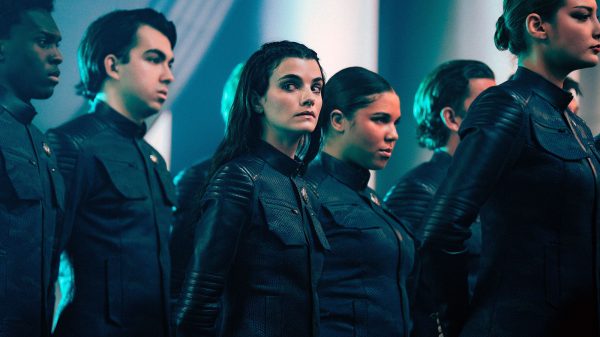
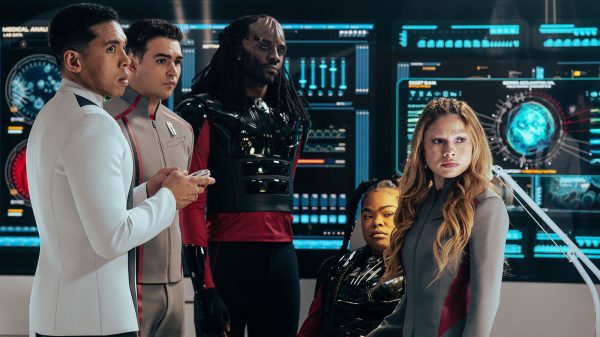



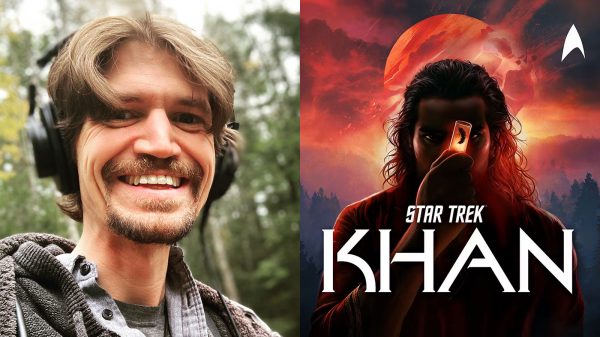
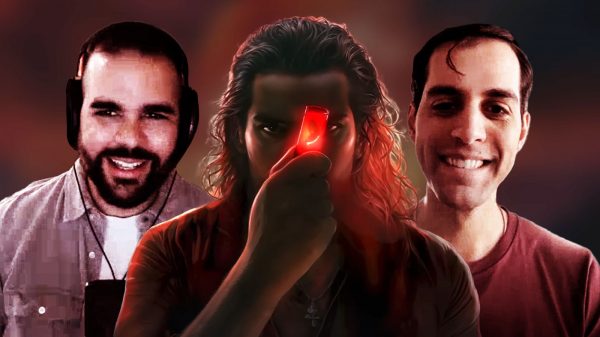
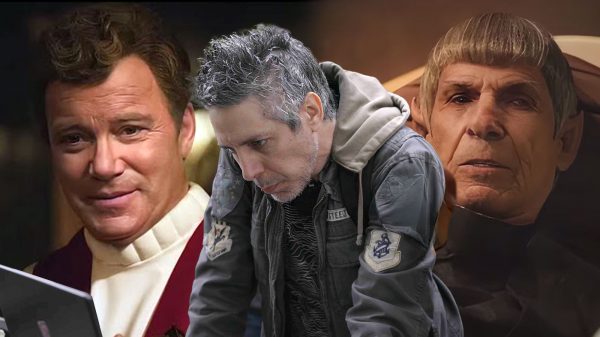

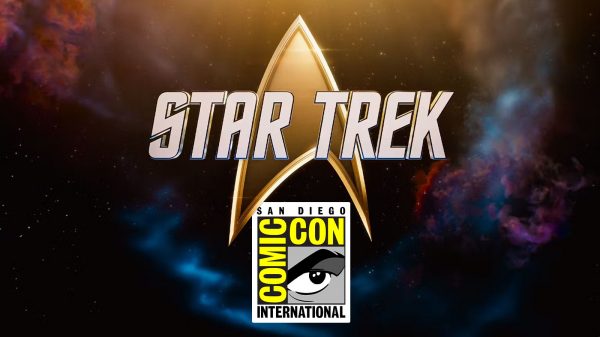


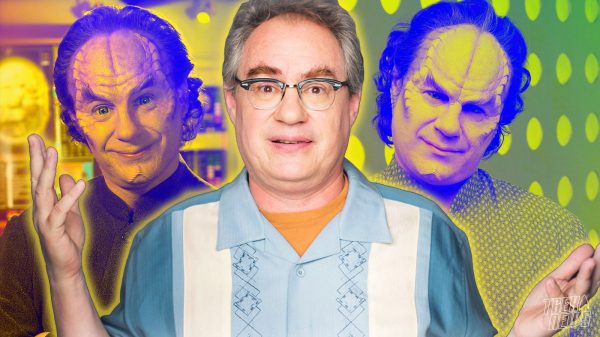
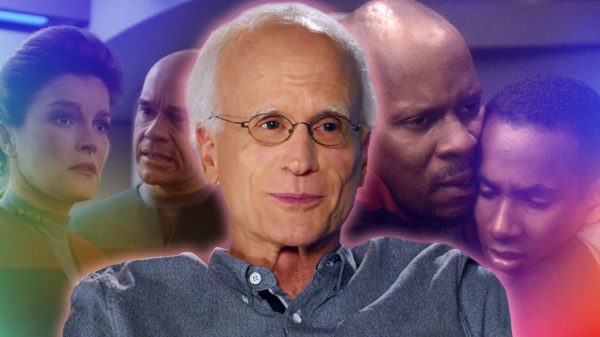
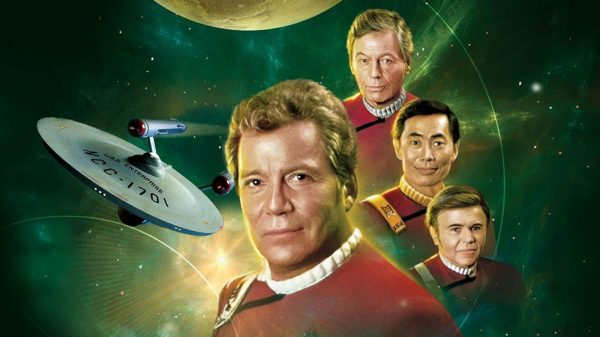
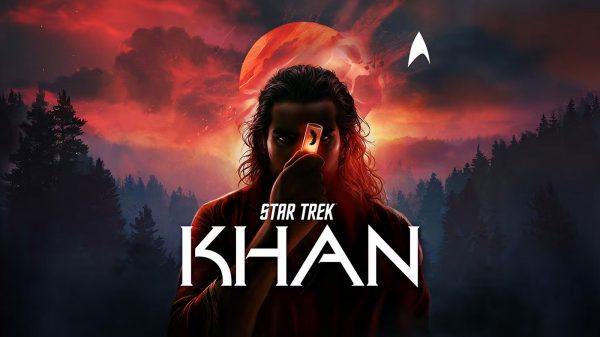


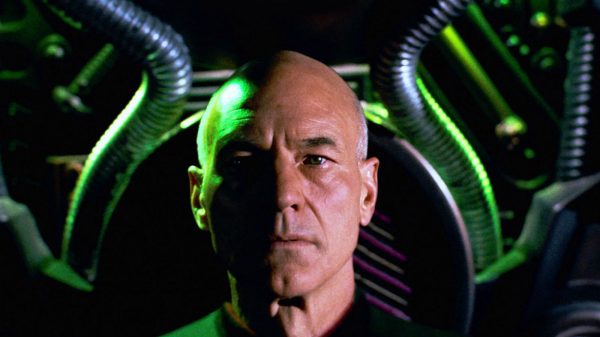

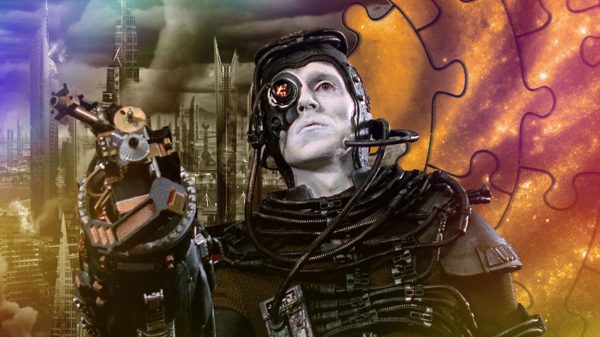


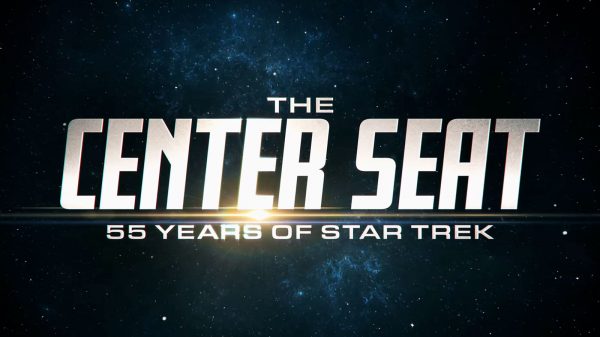


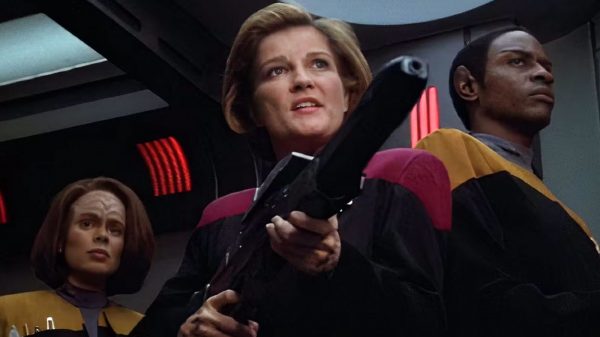
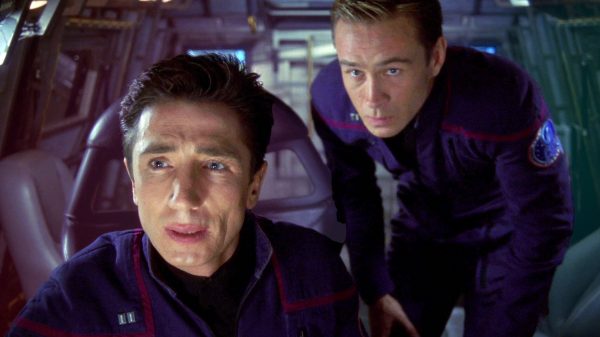




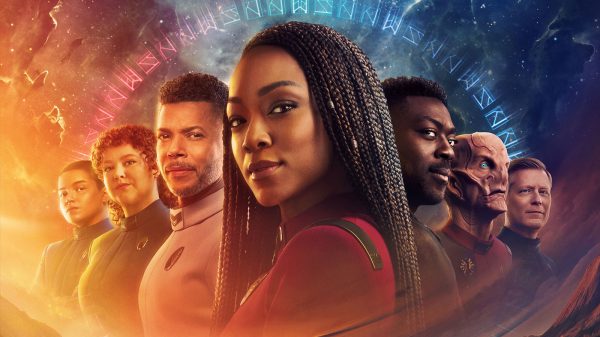
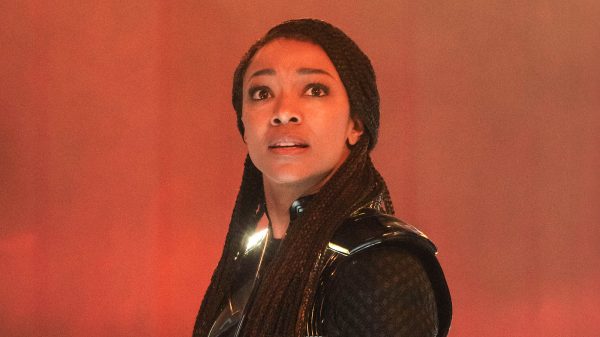


![2023: A banner year for Star Trek — here’s why [Op-Ed]](https://treknews.net/wp-content/uploads/2024/01/star-trek-2023-year-in-review-600x337.jpg)










